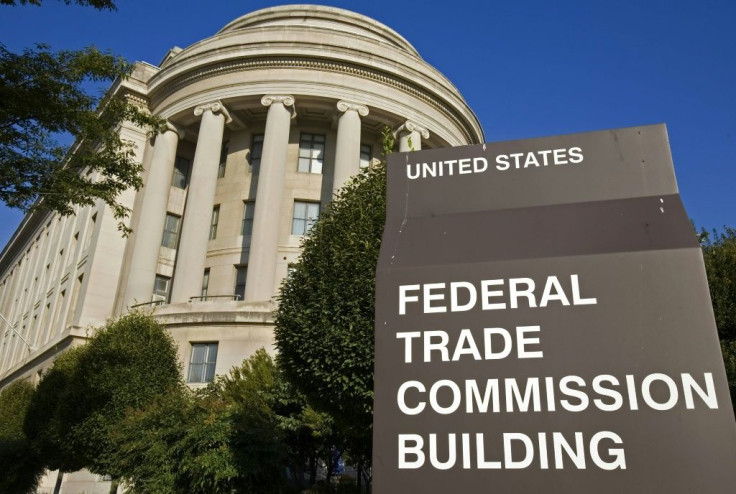Federal Judge Partially Blocks FTC Rule Banning Noncompete Agreements

A federal judge in Texas on Wednesday issued a partial injunction against a U.S. Federal Trade Commission (FTC) rule prohibiting noncompete agreements, which restrict employees from joining rival companies or starting competing businesses.
U.S. District Judge Ada Brown of Dallas, in her written decision, said that the FTC lacks the "substantive rule-making authority" to implement broad rules that ban practices it considers unfair methods of competition and that the plaintiffs were "likely to succeed on the merits" of their challenge, The New York Times reported.
The ruling temporarily prevents the FTC from enforcing the rule against a coalition of business groups, including the U.S. Chamber of Commerce and tax service firm Ryan, as their consolidated lawsuits proceed.
The FTC estimates that around 30 million Americans, representing 20% of the workforce, have signed noncompete agreements, according to Reuters.
Despite denying the request for a nationwide injunction, Judge Brown said that a final ruling would be issued by Aug. 30, just days before the rule's planned implementation.
FTC spokesman Douglas Farrar defended the agency's position. "We will keep fighting to free hardworking Americans from unlawful noncompetes, which reduce innovation, inhibit economic growth, trap workers, and undermine Americans' economic liberty," he said in a statement.
Daryl Joseffer, chief counsel of the Chamber's litigation arm, hailed the ruling as a significant victory against what he described as government overreach. He criticized the FTC's rule as an unlawful expansion of power beyond the agency's constitutional and statutory limits.
The rule was approved in May by the Democratic-majority FTC in a 3-2 vote.
Proponents argue that noncompete agreements stifle competition, suppress wages, and limit worker mobility, violating U.S. antitrust laws.
Several states, including California, Minnesota, Oklahoma, and North Dakota, have already banned noncompetes, while others have passed laws restricting their use.
The FTC's rule would be the first nationwide ban on such agreements.
Opponents, including many business groups and Republicans, argue that noncompetes are essential for protecting trade secrets, confidential information, and investments in employee recruitment and training.
The Chamber and Ryan claim that the FTC overstepped its authority, and that Congress granted the agency only limited rulemaking powers.
The FTC maintains that noncompetes inherently violate antitrust laws by limiting competition for workers, thus falling within the agency's mandate to oversee anti-competitive practices.
However, Judge Brown found the FTC's justification for the sweeping ban insufficient, saying it imposed a "one-size-fits-all approach" without a clear rationale.
The FTC is also facing a separate challenge in Philadelphia federal court by a Pennsylvania-based tree trimming company, with a hearing on their motion to temporarily block the rule scheduled for July 10.
© Copyright IBTimes 2024. All rights reserved.





















